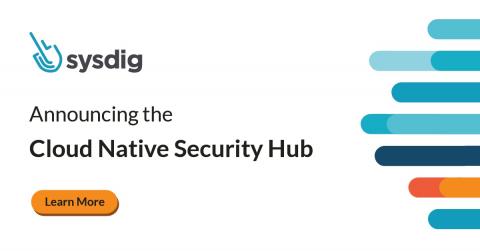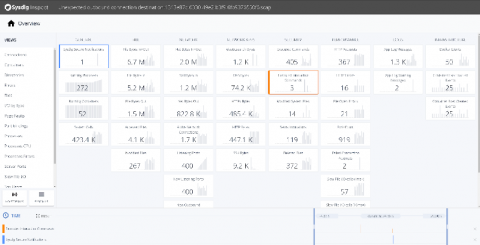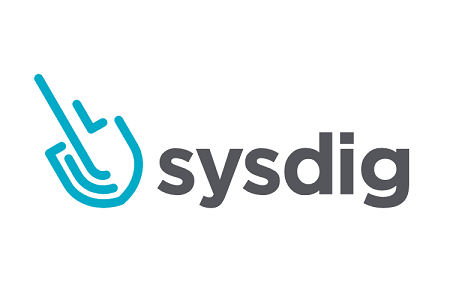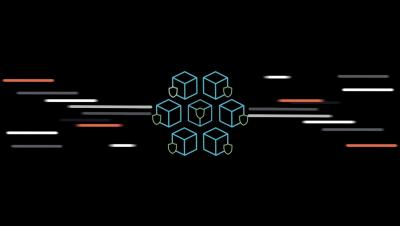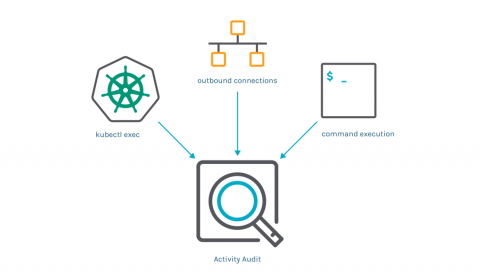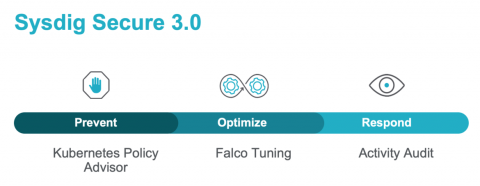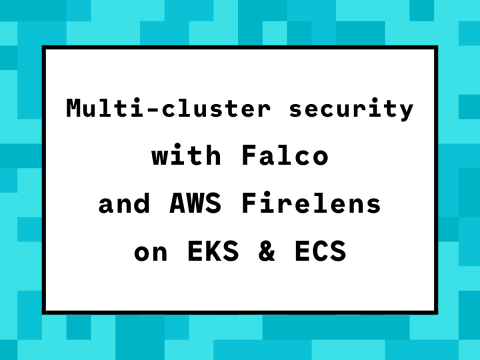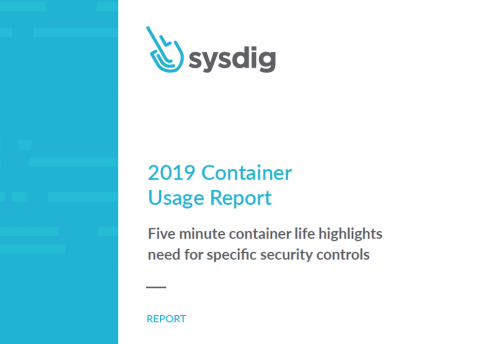Security | Threat Detection | Cyberattacks | DevSecOps | Compliance
Sysdig
Announcing the Cloud Native Security Hub
One of the main benefits to standardized infrastructure is the ability to share application resources across entities. We are taking advantage of this with the Cloud Native Security Hub as we start to explore how to standardize cloud native security.
Securing Google Cloud Run serverless workloads
Google Cloud Run is a serverless compute platform that automatically scales your stateless containers. In this post we are going to showcase how to secure the entire lifecycle of your Cloud Run services. Sysdig provides a secure DevOps workflow for Cloud Run Platforms that embeds security, maximizes availability and validates compliance across the serverless lifecycle. Sysdig Secure Devops Platform is open by design, with the scale, performance and usability enterprises demand.
Sysdig Introduces Sysdig Secure 3.0, the Industry's First Kubernetes-Native Threat Prevention and Incident Response Tool
Sysdig Secure Overview
Incident response in Kubernetes with Sysdig's Activity Audit
Activity Audit is a new feature included in the Secure 3.0 release. This feature speeds incident response and enables audit by correlating container and Kubernetes activity.
Pod Security Policies in production with Sysdig's Kubernetes Policy Advisor
Sysdig Secure 3.0 introduces Kubernetes Policy Advisor to provide Kubernetes native prevention using Pod Security Policies (PSPs). This feature automates the generation of PSPs and validates them pre-deployment, so they don’t break applications when applied. This allows users to adopt Pod Security Policies in production environments quickly and easily.
Sysdig Secure 3.0 introduces native prevention and incident response for Kubernetes
Today, we are excited to announce the launch of Sysdig Secure 3.0! Sysdig Secure is the industry’s first security tool to bring both prevention and incident response to Kubernetes.
Multi-cluster security with Falco and AWS Firelens on EKS & ECS
In this blog post, we are going to teach you how to aggregate all Kubernetes security events across your AWS container services. We’ll be using AWS FireLens to route Falco notifications, centralizing all the security events, such as AWS CloudWatch, in one service.
Sysdig 2019 Container Usage Report: New Kubernetes and security insights
We’re excited today to release the Sysdig 2019 Container Usage Report. Continued momentum for Kubernetes and greater adoption of cloud-native architectures are changing not just usage patterns, but processes and organizational structures as well. One of the surprising insights this year is the 2X increase in the number of containers that live for less than five minutes. As services grow more dynamic, cloud teams are recognizing the need to integrate security into their DevOps processes.


